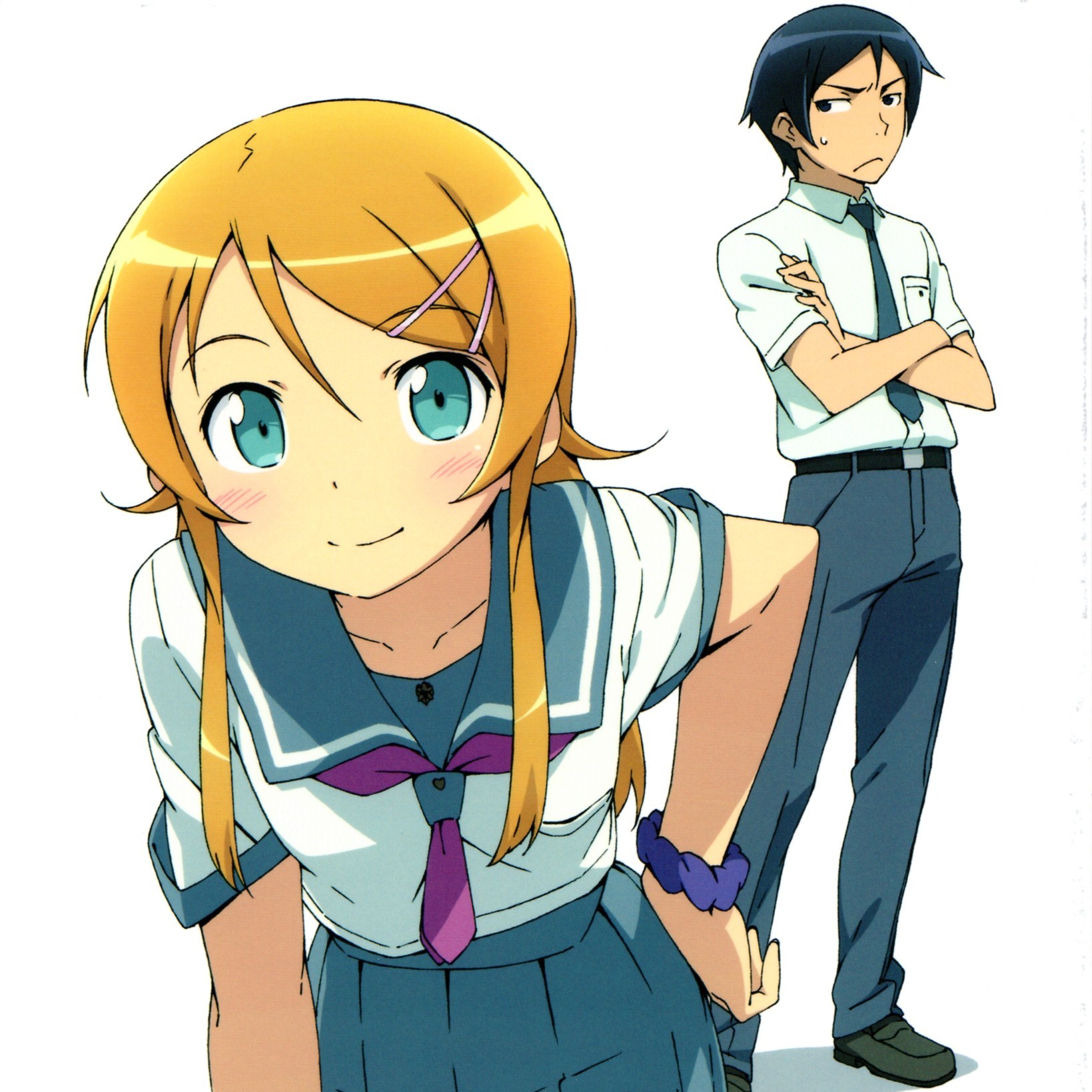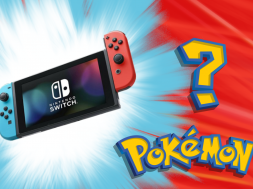
High Score: Oreimo

Things have been pretty epic on High Score lately. A little too grand and overbearing perhaps. It’s not that I don’t want you all leaving this column enthused, energized and ready to take on dragons or the day or whatever it is you’re up against, I just think it’s about time we sat back, took a breath and chilled out for a while. Maybe have a drink. Become emotionally affected. Have a little cry. You know; chill stuff.
In that spirit today’s High Score is devoted to an anime that, for various reasons, all of which are talking points, resonated with a surprisingly huge amount of people. Ore no Imouto ga Konna ni Kawaii wake ga nai or Oreimo, as it is – thankfully – more commonly known is a pretty by-the-book anime romantic comedy. It’s equal parts cute, hilarious, bizarre and endearing as the best anime rom-coms tend to be, but sets itself apart from the pack in some pretty subtle ways. It’s score, composed by Satoru Kousaki, is mostly made up of up-beat ska style tunes that play on the comedy angle of that rom-com equation but occasionally, the music drifts into simple, wonderfully emotive melodies that peel back the comic-veil to show you the sweetness that hides at the center of this strange, charming little show.
Hitotoki
There’s a lot of shouting and screaming in Oreimo and the brother-sister comedy act of Kirino and Kyousuke is usually the source of it. Kirino, for those of you don’t know, is a popular, beautiful high school girl who just so happens to be a relentless closet otaku. By telling her brother about her secret, Oreimo opens up the floodgates for some serious hilarity but also makes time for some serious sentiment. Kirino is pretty unhappy that she can’t share this part of herself with her popular friends and Kyousuke, as baffled as he is by the whole thing, takes it upon himself to help her out. The show constantly revisits this theme and more often than not, their sibling-solidarity is accompanied by Hitotoki (Moments), a sweet little piece made up purely of rhodes piano and harmonica (along with some very subtle guitar plucking and the occasional tambourine). That’s all it needs really. Much like Kirino and Kyousuke, as unlikely a pair as they seem at first, when they’ve only got each other, they make it work.
Surechigai
I mentioned that Oreimo makes time for some pretty intense sentimentality. Surechigai (Passing) is a perfect musical example of that. A lonely guitar plucks away gently at an even lonelier melody; all repeated notes in broken staccato. I don’t like to give anything away in these columns so I’ll just say that the final arc of Oreimo‘s first season is surprisingly poignant and totally caught me off guard, particularly the red herring ending that just seems to come absolutely out of nowhere. Surechigai is the black sheep of the Oreimo score, there’s nothing else quite as morose to be found on it, but its presence is not unintentional. This show does have moments, as rare as they may be, that will tug violently at your heartstrings. Ask anyone who’s seen the Kuroneko arc in season 2. On second thoughts, don’t. It would be too harrowing.
Yokatta ne
As the series goes on, Kirino and Kyousuke’s relationship develops in a pretty heartwarming way. While she desperately struggles to accept that she can actually be accepted for who she is, Kyousuke is also coming to terms with the fact that he, until now, never really took the time to get to know her. They’re both enjoying spending time together and are both totally clueless as to how to express it. Yokatta ne usually pops up whenever a truce is called; when they both stop trying to figure out how to be good siblings and just accept that they’re already doing a pretty good job of it. It’s a theme that will resonate with anyone who has siblings and a piece of music that perfectly captures the relief and comfort those brief moments of respite can provide.
Tsuji Aeta Kokoro
Another duet closes out our look at Oreimo, this time between piano and violin. This is a recurring theme in Satoru Kousaki’s score. When there’s no groaning horns or frantic ska, the music usually falls to a duet of some kind and they’re usually, as we’ve seen already, two instruments that wouldn’t necessarily always go together. Piano and violin isn’t exactly a bold combination, but the flowing violin melody is undeniably exposed against the steady chordal accompaniment in the piano. See, Kirino and Kyousuke like to pretend they hate each other, but they don’t really. Sure, it takes a full season of bizarre events and arguments for them to realize it, but they do realize it in the end. As different as they are, they’re still family and family always looks out for each other.
***
Oreimo ended on a pretty strange note. An OVA following the, pretty decent, conclusion to season 2 split the fan base right down the middle by doing something that many, myself included, had specifically praised it for not doing up to that point. It didn’t please everyone (I’m not sure it pleased anyone), but it stands to the show as a whole that we can look past it and still take some pretty great memories away with us. Oreimo is as strange as you’d expect but it’s also got more heart than you’d think. You just have to take the time to get to know it.











